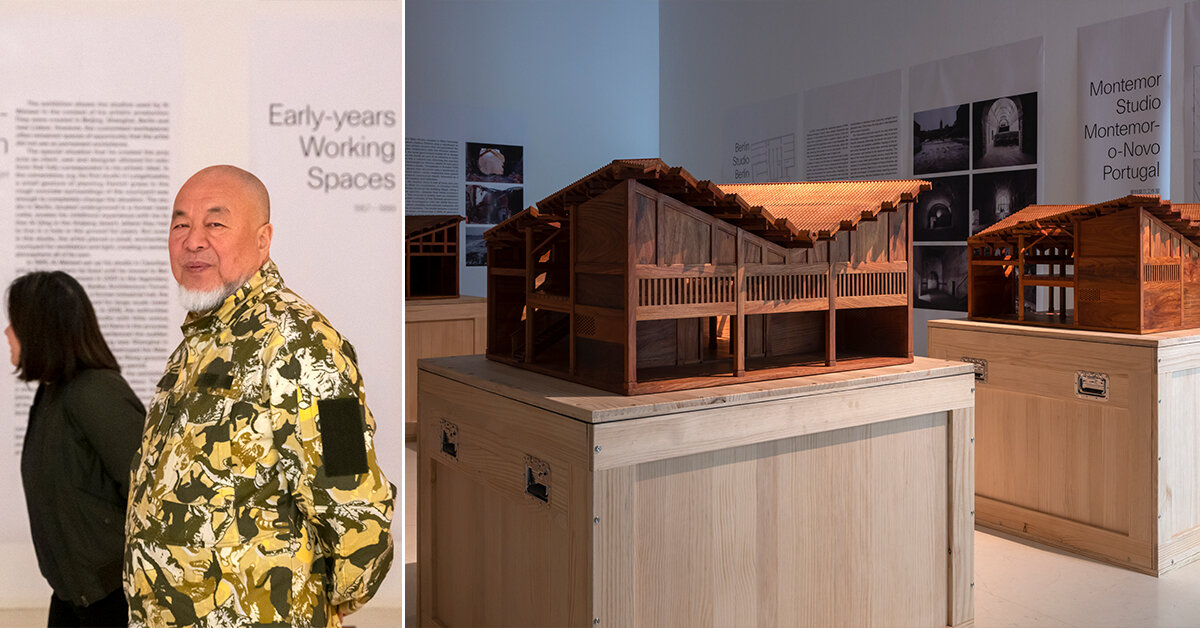
"'My studio is an extension of my body and mental state. Of course it's political. Anyone who sees the exhibition can understand - it's not that I want it to be political. It just is political.' Ai Weiwei."
"Rather than illustrating architectural typologies or design processes, 'Five Working Spaces' explores Ai Weiwei's studios as existential conditions, rooted in the artist's early experiences of political exile."
"Known for his outspoken critique of authoritarian systems and his advocacy for human rights, Ai Weiwei ranks among the most influential figures in contemporary art and activism."
"The exhibition traces key chapters of the artist's life through the lens of architecture, presenting five studios located in Beijing, Shanghai, Berlin, and Montemor-o-Novo."
The 'Five Working Spaces' exhibition at the Aedes Architecture Forum in Berlin showcases Ai Weiwei's studios worldwide, reflecting his life and political views. Central to the exhibition is Ai Weiwei's recent studio in Montemor-o-Novo, Portugal, crafted using traditional Chinese woodworking. The artist describes his workspace as an extension of himself and inherently political. The exhibition offers insight into his experiences of exile and his multifaceted career that combines art, architecture, and activism, challenging authoritarianism and supporting human rights.
Read at designboom | architecture & design magazine
Unable to calculate read time
Collection
[
|
...
]